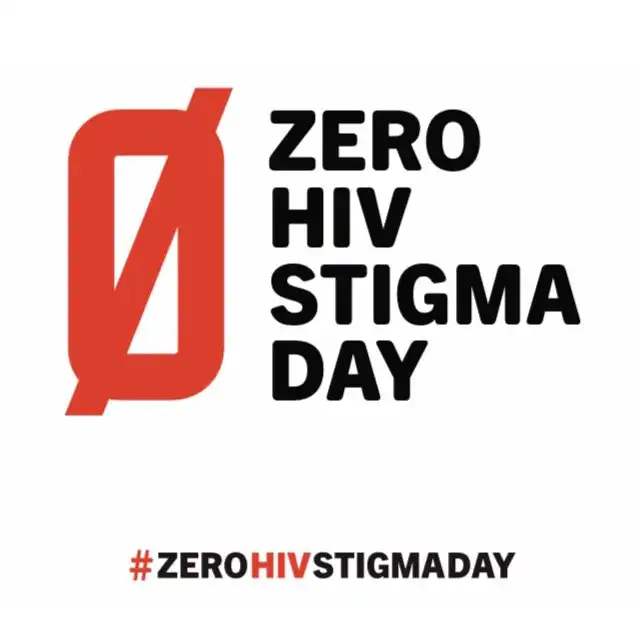July 21, 2023 – Today, CHIPTS joins partners across the globe in observing Zero HIV Stigma Day, a day dedicated to uniting individuals and communities to raise awareness and stand against HIV stigma. In honor of Zero HIV Stigma Day, we are excited to share recent research on this important topic from our CHIPTS faculty. Learn more below.
As a result of HIV stigma, people living with or at-risk of HIV are often discouraged from learning their HIV status, seeking care, or adhering to treatment. Stigma can also discourage open conversations among sex partners about safe sex and testing. Zero HIV Stigma Day is part of a global movement uniting people, communities, and entire countries to raise awareness of HIV and take action to end HIV stigma in all its forms. Individuals can take action against stigma by dispelling myths and stereotypes, and offering support to those who experience stigma.
This year’s theme is “Human First,” emphasizing the human dimension of people living with and affected by HIV. The day also honors Prudence Mabele, the first Black South African woman to publicly share her HIV status. The voice of Prudence Mabele along with the voices of those who stand against HIV stigma are what inspire the HIV workforce to continue their work in HIV prevention, treatment, and care.
Several CHIPTS faculty have pursued research to examine the impact of HIV stigma and improve HIV outcomes for individuals like Prudence Mabele. Recent publications reflecting this work include:
- The associations between HIV stigma and mental health symptoms, life satisfaction, and quality of life among Black sexual minority men with HIV –
- With the advancement of antiretroviral therapy (ART), HIV/AIDS has become a manageable illness, similar to other chronic conditions. This study examined the associations between HIV stigma and patient-reported outcomes including mental health symptoms, life satisfaction, and quality of life among Black sexual minority men with HIV.
- The Mediating Effects of Mindfulness on Perceived Stress From HIV Stigma in People Living With HIV in Myanmar: A Cross-sectional Study –
- HIV is a highly stigmatized condition. In the context of a country heavily influenced by religion, especially Buddhism, this study explores how the perceived stress from HIV stigma interacts with the mediator of mindfulness on PWH in Myanmar.
- Association of Condom Use Advocacy with Perceived Condom Use Among Social Network Members: The Mediating Role of Advocates’ Internalized HIV Stigma and Own Condom Use –
- This study examined the association of HIV prevention advocacy with social network members (alters) on alter condom use behavior, and factors that may mediate and moderate this relationship among people living with HIV (PLWH) in Uganda, including internalized HIV stigma.
- HIV Disclosure Practices to Family Among Mexican and Puerto Rican Sexual Minority Men with HIV in the Continental USA: Intersections of Sexual Orientation and HIV Stigma –
- This study examined intersectional stigma related to HIV and sexual orientation, and HIV disclosure practices to family, among Latino sexual minority men (LSMM) of Mexican and Puerto Rican origin with HIV in the continental USA.
- Maternal PrEP Use in HIV-Uninfected Pregnant Women in South Africa: Role of Stigma in PrEP Initiation, Retention and Adherence – Alexander Moran, Nyiko Mashele, Rufaro Mvududu, Pamina Gorbach, Linda-Gail Bekker, Thomas J. Coates, Landon Myer, Dvora Joseph Davey
- Pregnant women in sub-Saharan Africa are at high risk of HIV acquisition and require effective methods to prevent HIV. In a cohort of pregnant women offered Pre-Exposure Prophylaxis (PrEP), this study evaluated the relationship between internalized and anticipated stigma and PrEP initiation at first antenatal visit, 3-month continuation, and adherence using multivariable logistic regression.
In addition to these publications, we invite you to check out our EHE Regional Learning Collaborative session on Strategies and Approaches to Address HIV Stigma.

